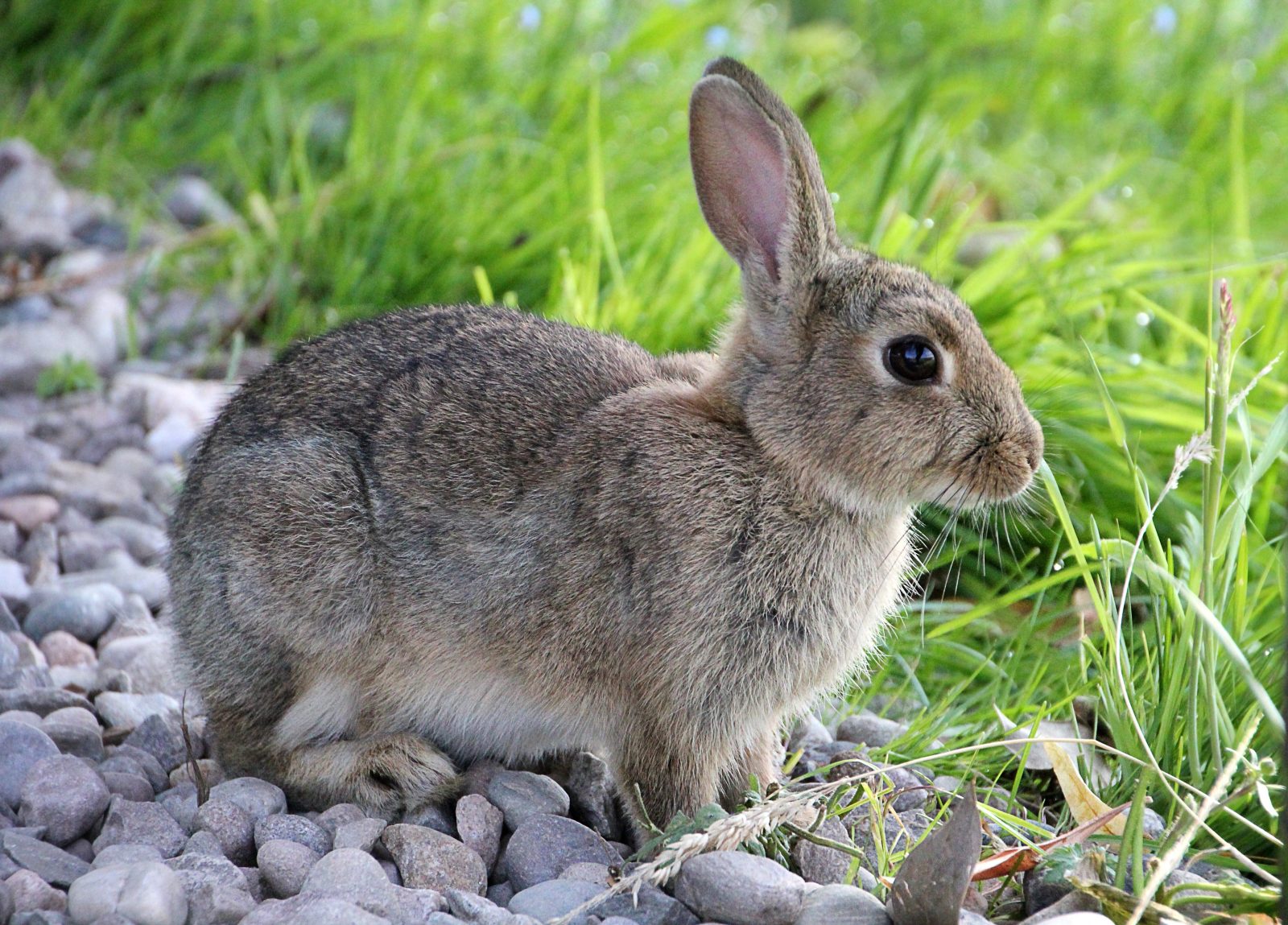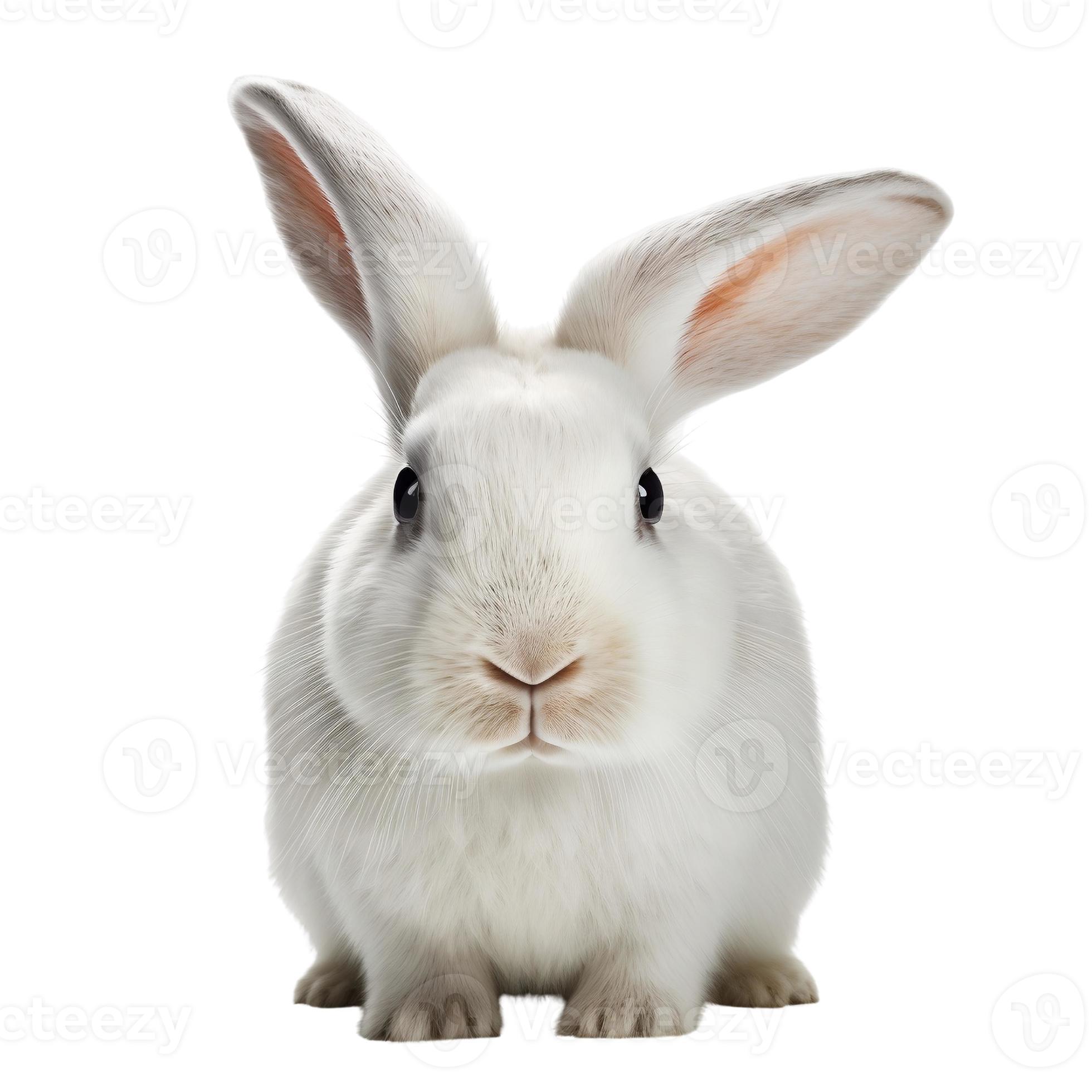
From Garden to Bunny: Crafting Nutritious Rabbit Food with Fresh Vegetables
Introduction
Rabbits, with their adorable twitching noses and boundless energy, make delightful companions. As responsible pet owners, ensuring their health and well-being is paramount. A cornerstone of rabbit care is providing a balanced and nutritious diet. While commercial rabbit pellets offer convenience, incorporating fresh, garden-grown vegetables can significantly enhance your bunny’s diet, offering a wider array of vitamins, minerals, and fiber. This article will guide you through the process of selecting, preparing, and serving garden vegetables to your rabbit, ensuring a happy and healthy life for your furry friend.
The Importance of Vegetables in a Rabbit’s Diet
Rabbits are herbivores, and their digestive systems are specifically designed to process plant matter. A diet primarily consisting of hay, supplemented with fresh vegetables and a limited amount of pellets, mimics their natural feeding habits in the wild. Vegetables offer several key benefits:
- Essential Nutrients: Vegetables are packed with vitamins (A, C, K), minerals (calcium, potassium), and antioxidants that support overall health, immune function, and disease prevention.
- Fiber: High-fiber vegetables promote healthy digestion, prevent gastrointestinal stasis (a potentially fatal condition), and help maintain a healthy weight.
- Hydration: Vegetables have a high water content, which helps keep rabbits hydrated, especially important for those who don’t drink enough from their water bottles or bowls.
- Dental Health: Chewing on vegetables helps wear down a rabbit’s constantly growing teeth, preventing malocclusion (misalignment of teeth).
- Enrichment: Offering a variety of vegetables adds interest and stimulation to a rabbit’s diet, preventing boredom and promoting mental well-being.
Selecting the Right Vegetables for Your Rabbit
Not all vegetables are created equal when it comes to rabbit nutrition. Some are highly beneficial, while others should be offered in moderation or avoided altogether. Here’s a breakdown of safe and nutritious garden vegetables for rabbits:
- Leafy Greens (Daily): These should form the bulk of your rabbit’s vegetable intake.
- Safe Options: Romaine lettuce, kale (in moderation), collard greens, mustard greens, turnip greens, dandelion greens (unsprayed), parsley, cilantro, basil, mint, watercress.
- Avoid: Iceberg lettuce (low nutritional value and can cause digestive upset), spinach (high in oxalates, offer sparingly).
- Root Vegetables (Moderately): These are higher in carbohydrates and should be offered in smaller quantities.
- Safe Options: Carrots (including the tops), beets (including the tops), radishes (including the tops), turnips.
- Avoid: Potatoes (toxic to rabbits).
- Other Vegetables (Occasionally): These can be offered as treats or to add variety to your rabbit’s diet.
- Safe Options: Bell peppers (all colors), broccoli (leaves and stems), Brussels sprouts, cabbage (in moderation), celery, cucumber, green beans, peas (including pods), squash (zucchini, yellow squash).
- Avoid: Corn (high in starch), onions, garlic, rhubarb (toxic).
Important Considerations:
- Organic vs. Conventional: Whenever possible, choose organic vegetables to minimize exposure to pesticides and herbicides. If using conventional vegetables, wash them thoroughly before feeding them to your rabbit.
- Gradual Introduction: Introduce new vegetables slowly, one at a time, to monitor your rabbit’s reaction. Watch for signs of digestive upset, such as diarrhea or gas.
- Variety is Key: Offer a mix of different vegetables to ensure your rabbit receives a wide range of nutrients.
- Portion Control: The amount of vegetables you feed your rabbit will depend on their size, age, and overall health. A general guideline is to offer about 1 cup of fresh vegetables per 2 pounds of body weight per day.
- Hay is Essential: Vegetables should supplement, not replace, hay. Hay should make up the majority of your rabbit’s diet.
Growing Your Own Rabbit-Friendly Garden
One of the most rewarding ways to provide fresh vegetables for your rabbit is to grow your own garden. This allows you to control the quality of the produce and ensure it’s free from harmful chemicals.
- Planning Your Garden: Choose a sunny location with well-draining soil. Consider planting a variety of rabbit-safe vegetables, focusing on leafy greens and root vegetables.
- Starting from Seed: You can start seeds indoors or directly in the garden, depending on the vegetable and your local climate.
- Soil Preparation: Amend the soil with compost or other organic matter to improve its fertility and drainage.
- Pest Control: Use natural pest control methods, such as companion planting, beneficial insects, and hand-picking pests. Avoid using chemical pesticides or herbicides, as these can be harmful to rabbits.
- Harvesting: Harvest vegetables when they are ripe and at their peak flavor.
Preparing Vegetables for Your Rabbit
Proper preparation is essential to ensure the safety and digestibility of vegetables for your rabbit.
- Washing: Wash all vegetables thoroughly to remove dirt, pesticides, and other contaminants.
- Chopping: Cut vegetables into bite-sized pieces to prevent choking and make them easier to eat.
- Serving: Offer vegetables in a clean bowl or scatter them around the enclosure to encourage foraging behavior.
- Freshness: Remove any uneaten vegetables after a few hours to prevent spoilage.
Tips for Success
- Observe Your Rabbit: Pay attention to your rabbit’s preferences and adjust the variety of vegetables accordingly.
- Be Patient: It may take some time for your rabbit to accept new vegetables. Keep offering them in small amounts until they develop a taste for them.
- Make it Fun: Offer vegetables in different ways to keep things interesting. Try hiding them in toys or creating a vegetable skewer.
- Consult Your Veterinarian: If you have any concerns about your rabbit’s diet, consult with a veterinarian who specializes in rabbits.
Conclusion
Incorporating fresh, garden-grown vegetables into your rabbit’s diet is a wonderful way to enhance their health, happiness, and overall well-being. By selecting the right vegetables, preparing them properly, and offering them in moderation, you can provide your bunny with a nutritious and delicious diet that will keep them thriving for years to come. Remember, a healthy rabbit is a happy rabbit, and a garden full of fresh vegetables is a gift that keeps on giving.

